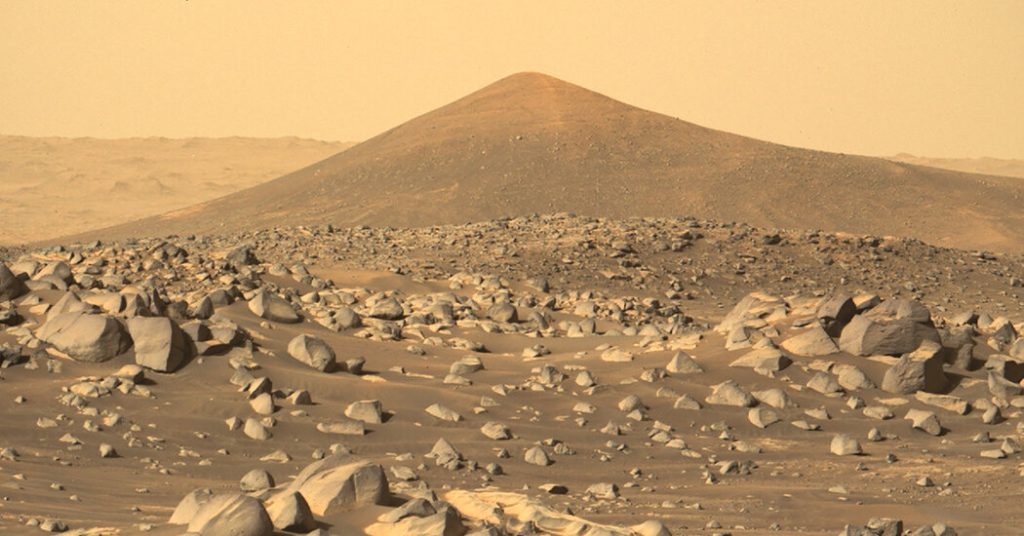MORE EVERYTHING FOREVER: AI Overlords, Space Empires, and Silicon Valley’s Crusade to Control the Fate of Humanity, by Adam Becker
Elon Musk predicts that a million Earthlings will be living on Mars in 20 years — not just for the exciting adventure but as a matter of survival: “We must preserve the light of consciousness by becoming a space-faring civilization & extending life to other planets.”
Not so fast, says the science journalist Adam Becker. As he puts it in his smart and wonderfully readable new book, “More Everything Forever,” life on Mars is bound to be worse than life on our own planet, however much ecological havoc we have wreaked.
Becker, who has a Ph.D. in astrophysics and is the author of a previous (equally readable) book about quantum theory, clearly lays out the many problems of getting to, and surviving on, the Red Planet. There is the not insignificant issue of enormous amounts of surface radiation. There is also the not insignificant issue of the toxic dust. Exposure to Martian air will boil the saliva off your tongue before it asphyxiates you.
And even if astronauts manage to build a system of pressurized tunnels for living underground — a very big if, given the difficulties of getting astronauts there, let alone construction materials — the number of people living in such bunkers would have to be pretty small. They would require regular shipments of food and water from Earth, presumably via Musk’s company SpaceX. “Even the air the Mars residents breathe would cost money,” Becker writes. It sounds like a miserable way to live. “Mars would make Antarctica look like Tahiti.”
Advertisement
SKIP ADVERTISEMENT
The plan to colonize Mars is just one of the fantastical scenarios Becker writes about in “More Everything Forever,” which traces the various plans advanced by billionaire tech entrepreneurs in their grand bids to “save humanity.” From artificial intelligence to colonizing outer space, the animating force behind such projects is what Becker calls “the ideology of technological salvation.” The ideas it propagates have three main features, he says. First, they are reductive. Second, they are profitable, aligning neatly with the tech industry’s imperative of perpetual growth. Third, and most important, they offer transcendence — the promise of an imagined end that justifies blowing through any actual limits, including conventional morality.
The futuristic visions that flow from this ideology are binary: paradise or annihilation. Becker draws an incisive portrait of the debates over artificial intelligence, showing how A.I.’s champions and doomsayers occupy two sides of the same coin. On one side are techno-optimists like Ray Kurzweil, who predicts a day when all-powerful machines will eliminate poverty and disease and allow us to “live as long as we want.” The doomsayers, by contrast, worry about “A.I. alignment,” or the prospect that such machines will one day take our jobs or even kill us all. An influential thought experiment among the doomsayers involves a “superintelligence” whose sole goal is to manufacture as many paper clips as possible; eventually this creature turns everything into paper clips.
Subscribe to The Times to read as many articles as you like.













